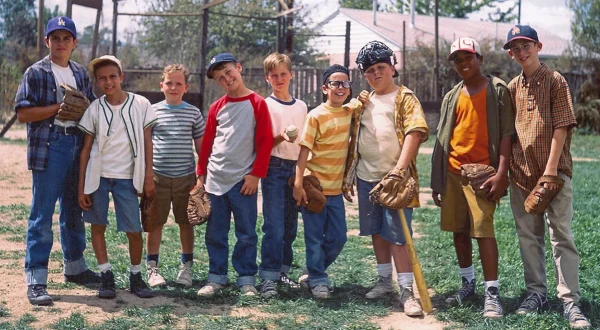Oakland soccer: a testament to diversity
When the decision to play college athletics is made, considering the possibilities of where to play with new teammates, under a new coach, and on foreign turf is very important to consider. However, the turf is not the only thing foreign to athletes at OU: international students make up a good chunk many of the teams.
On the Women’s soccer team 13 of the 27 players are international. Nationalities range from Canadian to British to Scandinavian. Sophomore Cecilie Dokka came all the way from Norway to represent the black and gold.
“The schools in Norway are a lot different than the ones here,” Dokka explained. “There you go to school, go home, go to club practice. The campus here and the facilities are just something that I couldn’t get back home.”
Of course, it might be hard for athletes in Norway to hear about Oakland. According to Women’s head coach Margaret Saurin, the women’s soccer coaching staff tries to take an annual trip to Europe to see prospective players compete on their home turf.
According to Saurin, there are three main ways to recruit athletes overseas: the athletes send an email of interest, their coaches call, or the Oakland staff reaches out to known coaches.
It is all based on connections. Being from Ireland, Saurin has a personal tie to international students.
“I have kind of acclimated to America after being here for as long as I have been,” Saurin said. “Seeing these kids from overseas kind of brings me back home in a way.”
When recruiting, Saurin says it is harder to get in state athletes due to the competition of big name schools like the University of Michigan and Michigan State.
When in state players see Oakland play bigger schools and see how close the game is, it can change some minds. That’s when you get the best players in Michigan and from around the world.
“When we recruit, we make sure we don’t get just good soccer players, but also good people,” Saurin explained.
Men’s head coach Eric Pogue agrees that having a diverse team benefits the athletes. Currently one player, Gerald Ben, is from Liberia and is a practicing Muslim. He is celebrating Ramadan. That brings a culture to the team that athletes might not have been able to exposed to.
“It mimics the working world,” Pogue said. “When you get into the working world you are dealing with people from all different places with all different ways of thinking how the world runs, they have people like that they get to see everyday in their community.”
Having a team made up of multiple nationalities only brings the Men’s team closer, according to senior Shawn Claud Lawson. Claud Lawson is Jamaican Canadian, meaning his dad is from Jamaica and he is from Ontario, Canada, so he has dual citizenship in both countries.
“The camaraderie [is good], because you have guys from all over,” Claud Lawson said. “It is good to see interaction with people from different areas and it brings us closer as a team.”
Cecilie Dokka feels similarly about the exposure on the women’s soccer team.
“It doesn’t matter what country you’re from,” Dokka said. “These are 27 of my best friends. They are my family.”
There is, of course, some culture shock. Each country has something that other countries may consider taboo. For Claud Lawrson, not much is different since he’s only a four hour drive from Oakland. However for Dokka, there was one major change: the food.
“The food in America is a lot sweeter,” Dokka chuckled. “Especially breakfast foods. Waffles, pancakes we don’t have any of that.”
One right of passage in America is the classic s’more: two graham crackers, a roasted marshmallow, and a slab of Hershey’s chocolate. Apparetly, s’mores are not common in Norway.
“I have had one s’more,” Dokka said. “Thank you, America, for that!”
Soccer is the number one sport around the world. Integrating student athletes with a global culture is great for both local and foreign players.
“I was scared at first, going to a new country for college,” Dokka said. “But coming to Oakland was the best decision of my life, hands down.”



